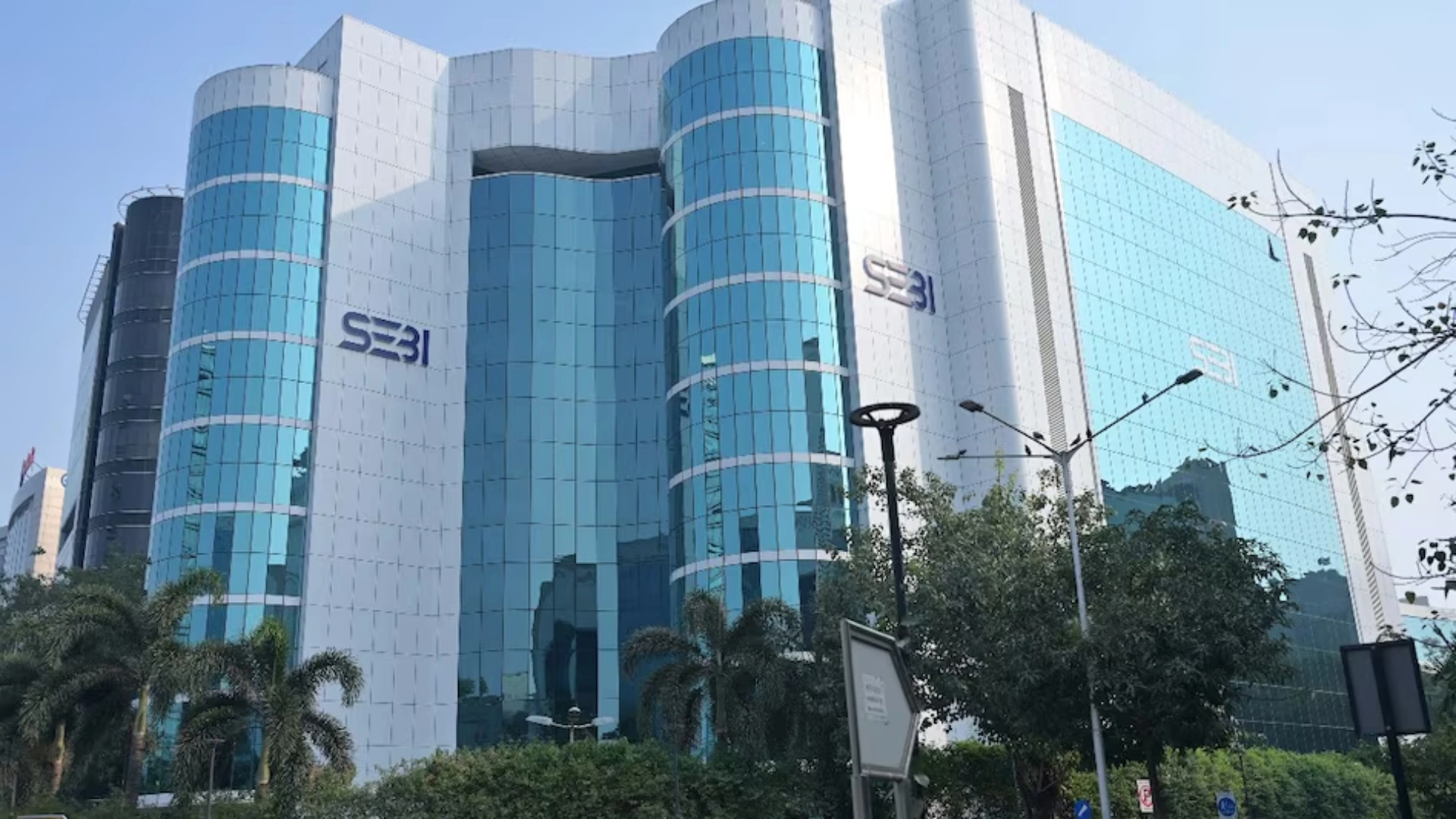| ➡️ Get instant news updates on Whatsapp. Click here to join our Whatsapp Group. |
The Securities and Exchange Board of India (SEBI) is seeking broader authority to tackle unauthorized financial advice on social media platforms like WhatsApp and Telegram. According to a report by Reuters, SEBI has approached the government to grant it powers to remove misleading financial content from these platforms and access call records for investigating market violations.
SEBI’s Long-Pending Demand
This is the second time SEBI has made such a request since 2022, but the government has not yet approved it. In a letter dated February 3, SEBI highlighted that platforms like WhatsApp, owned by Meta, have refused to grant access to group chats. The platforms cite existing IT laws, which do not classify SEBI as an ‘authorized agency’ with such privileges.
Currently, only agencies like the Enforcement Directorate and the Income Tax Department have the authority to access digital communications and remove content related to violations. SEBI wants similar powers to delete misleading messages, links, and groups related to market activities and to obtain call and message records for investigations.
Government Reviewing SEBI’s Request
The government is evaluating SEBI’s demand, noting that such powers are typically reserved for serious crimes like terrorism or money laundering. Granting these powers to a financial regulator would require a broader policy decision.
SEBI’s move comes amid rising concerns over unregulated financial advice circulating on social media. WhatsApp and Telegram groups have become popular platforms where influencers and traders share stock recommendations, sometimes in exchange for money.
Previous Efforts and International Practices
In August 2022, SEBI Chairperson Madhabi Puri Buch had made a similar request to access digital communications of individuals suspected of insider trading. While the government did not grant these powers, SEBI has since engaged with Meta to obtain necessary information for investigations.
In comparison, countries like the US and those in Europe do not allow securities regulators to directly remove social media content. However, they do have strict laws allowing penalties against individuals found guilty of financial fraud or misleading advertising.
As the government reviews SEBI’s request, the debate over balancing market transparency with digital privacy continues.
